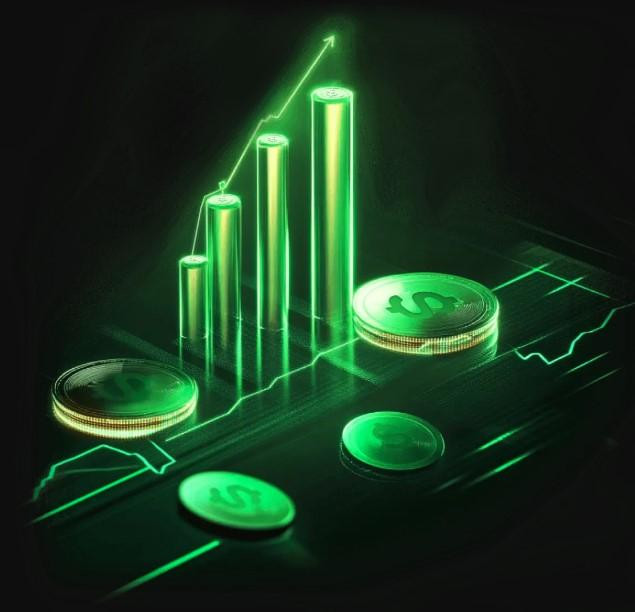Ready to Trade CFDs? Here’s What to Do Next
Contracts for Difference (CFDs) have become a go-to choice for traders all over the globe because they're flexible and easy to access in different markets. Unlike regular trading, CFDs let you bet on how the prices of things like stocks, commodities, currency, and cryptocurrencies will move without needing to own them.
Introduction to CFD trading often begins with best brokerage accounts its key advantage. This form of trading provides opportunities to make money whether the market is going up or down, which is why a lot of investors are attracted to it. The ability to trade on margin (using leverage) enables traders to control larger positions with a smaller capital outlay, but that also means there's more risk involved.
So, why trade CFDs? A big reason is the wide range of markets traders can access and the ease of trading online. In fact, the CFD market has grown by over 20% in the last five years, pulling in younger, tech-savvy traders who enjoy fast and flexible trading options.
What Exactly is CFD Trading? (Understanding CFDs and How They Work)
CFD trading is all about making a deal with a broker, where you agree to swap the difference in the price of an asset from when you start the trade to when you finish it. Unlike regular investing, where you buy and hold an asset, CFD trading lets you guess how prices will move without actually owning the asset. This is the core of how CFDs work: trading on the price changes rather than the asset itself.
Common Questions (FAQ Section)
Here are answers to some common CFD trading questions:
Q1: Who is suitable for CFD trading?
A: CFD trading is for persons with a sound knowledge of the financial market, risk management, and who can withstand the possible volatility and leverage risks that may be attached to CFDs.
Q2: Is CFD trading legal?
A: CFD trading is legal in many countries, although regulations differ. It is important to check whether CFD trading is legal in your country and to make sure that your broker is registered with a recognized authority
Q3: CFD vs futures, spot trading, and ETFs?
A: Unlike futures contracts, CFDs have no expiration. Spot trading is settled immediately, while ETFs are pooled investment funds traded on an exchange. CFDs are flexible in that they allow traders to go long or short on asset price movements without taking ownership.
Q4: Are taxes applied to CFD trading?
A: Yes, CFD trading profit margin calculator are taxable in most countries; however, CFD taxes and regulations do vary from jurisdiction to jurisdiction. It is prudent to seek guidance from a tax professional.
Legal and Regulatory Aspects of CFD Trading (Understanding CFD Trading Regulations)
You may find yourself asking, “Is CFD trading legal?” In several countries, CFD trading is legalized to ensure the protection of the trader and maintain fairness in the market. Some nations, like the USA, have outlawed CFD trading, while others have tough regulations. Always check the CFD legal status by country by a strong authority like the FCA or ASIC.
Conclusion: Are You Ready to Start Trading CFDs?
So, are you ready to trade CFDs? Just to sum it up, trading CFDs gives you access to flexible world markets; that is, through stocks or commodities, indices, and now cryptos. With the right risk management, the right strategy, and a concise trading plan, one can trade with much more confidence and control.
When getting started with CFD trading, make sure you start small, create the habit, and let data-driven decisions guide your journey. The more you do it, the better and easier mastering the ABC of CFD trading becomes. Learn to trade CFDs and rule the market.

Comments
Post a Comment